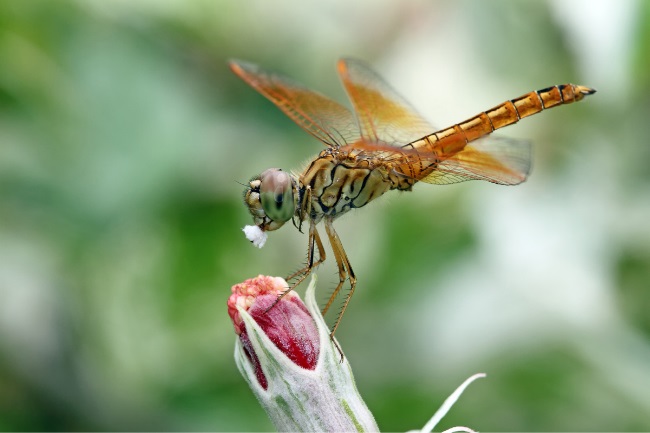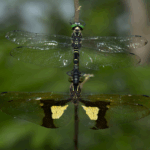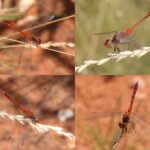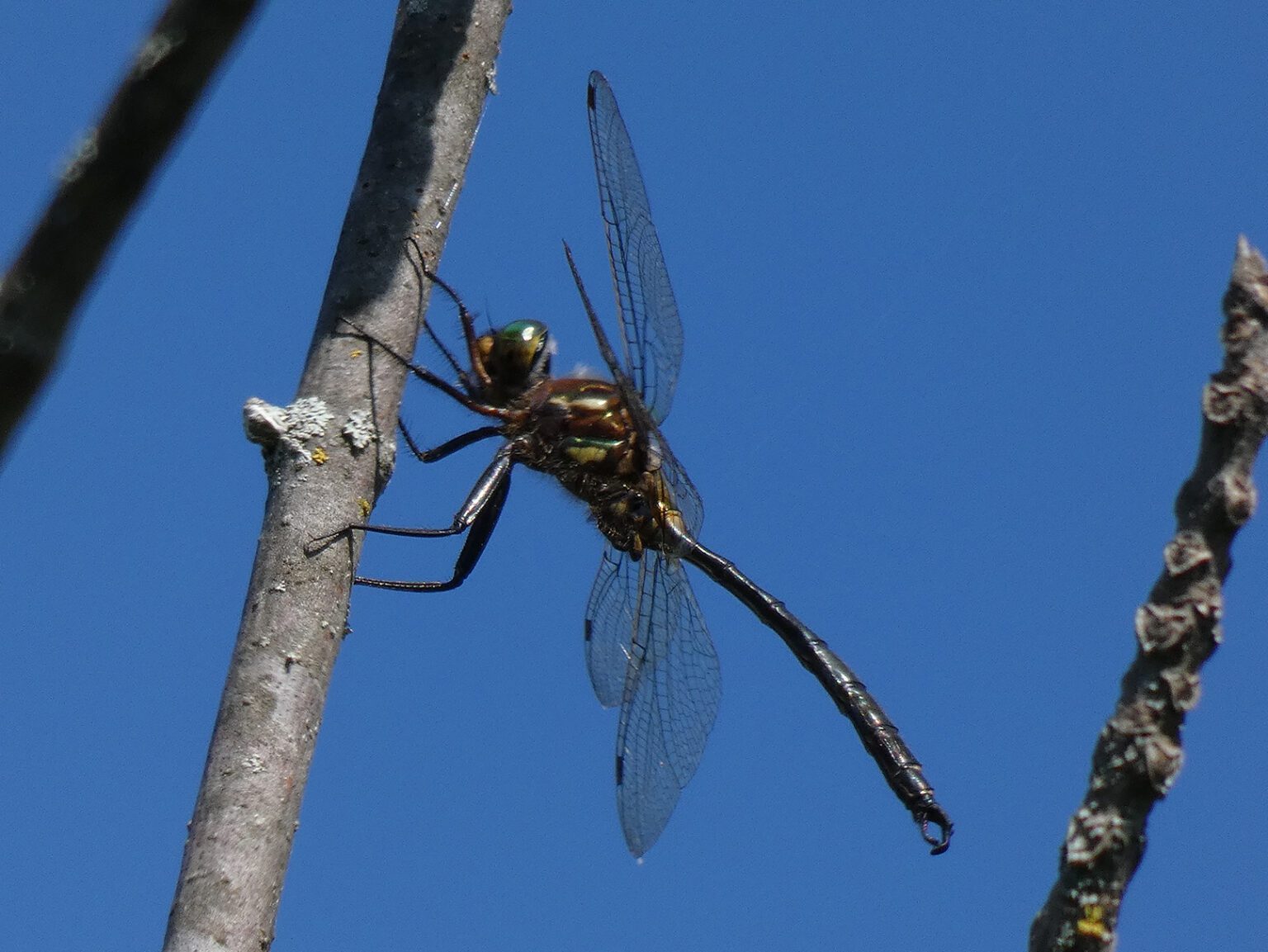
Can dragonfly spread diseases?
Dragonflies are generally harmless to humans and do not pose any direct threat. They are actually beneficial insects as they feed on mosquitoes and other insects that can be harmful to humans. However, it is important to note that some species of dragonflies may carry diseases that can be harmful to humans.
Like most insects, dragonflies may attack out of self-defense if threatened. The good news is that they do not have a stinger, just teeth. If you happen to find that you have been bitten by a dragonfly, there is no cause for alarm, as their bite is not enough to break the skin. When it comes to our pets – dogs or cats – the same is to be true. Do keep in mind though that dragonflies are insects, and with all insects, there is a chance of it carrying parasites that could be harmful to our dog or cat, but nothing that would cause alarm.
In fact, dragonflies are considered a natural pest control. One of the main insects that dragonflies feed on is mosquitoes. Dragonflies can eat hundreds of mosquitoes a day, which most humans would be very thankful for. Keeping the population of mosquitoes down also helps control the transfer of the diseases that they carry, like malaria and the West Nile virus.
Are dragonflies dangerous?
In truth dragonflies are harmless to humans – unless you force your finger into their mouth. A large golden-ringed dragonfly once gave my father’s finger a bloody nip as he held it for me to photograph.
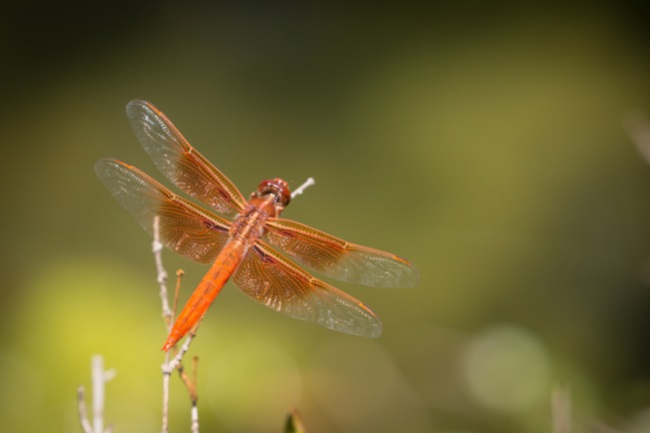
But dragonflies certainly can’t sting you, and they won’t bite you unless severely provoked. If you leave them alone, they’ll leave you alone, and you can sit back and watch these beautiful insects dazzle you with their hunting flights.
ARE DRAGONFLIES HARMFUL TO HUMANS?
If the mere sight of flying insects makes you squirm just a little, then the rapidly moving dragonfly species is probably no exception. Even if you aren’t the biggest fan of insects, you can breathe easy when the ever common creatures are around; they are not harmful or dangerous to human beings at all.
Stinging
Dragons are no hazard or risk to human beings. These insects do not sting people, and therefore aren’t a threat in that manner unlike some other creatures — say, the hornet, for example. Dragonflies do not possess any tools for stinging purposes, according to Texas A&M University’s AgriLife Research division.
Biting
Although dragonflies are not a true biting hazard, trapping them via their abdominal regions within your hands may urge them to attempt to do so, only if you press their mouth area directly by the skin, however. Thankfully, only a massive dragonfly could even trigger the slightest sensation of a tweak to your skin — and even in this case, it probably won’t come close to causing any bleeding. If a dragonfly attempts to bite a human, it’s only in an attempt to get out of the situation — a defensive measure of sorts.
Managing the Mosquito Population
Not only are dragonflies essentially benign to humans, they actually are pretty helpful for cutting down on insects that are not quite so harmless, on the other hand. Mosquitoes are one such example of dragonfly prey. By helping manage numbers of mosquitoes, dragonflies minimize occurrences of mosquito bites in human beings. Though mosquito bites are usually not a particular danger to people, that isn’t true 100 percent of the time. The bites sometimes can be a source of dangerous and infectious disease transmission.
Naming
A misleading moniker may cause dragonflies to get a scarier reputation than they actually deserve. One prime example is “horse stinger.” Although the name may imply otherwise, dragonflies do not sting people, plain and simple, end of story. If the “dragon” component of dragonfly sounds intimidating to you, it comes from the insects’ jaws, which are skilled at handily trapping prey — think damselflies, gnats and flies, for example.

